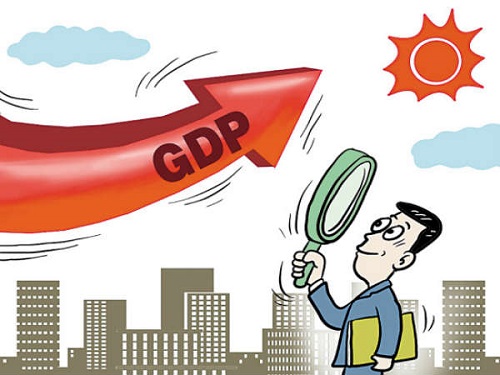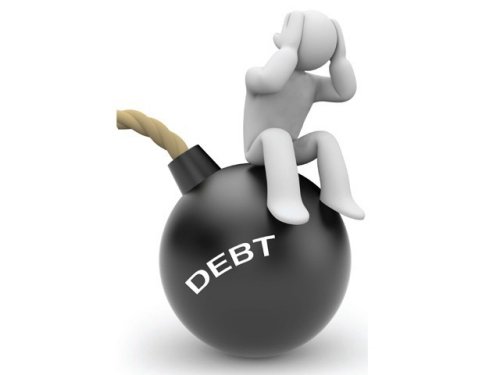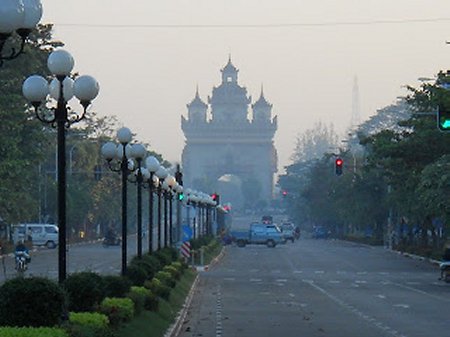GDP Expected To Grow At 6.8 Percent: IMF
Source: Vientiane Times
The International Monetary Fund (IMF) has predicted that Laos’ Gross Domestic Product (GDP) will grow at 6.8 percent this year, less than the government’s projected rate of 7 percent.
The IMF Executive Board concluded the Article IV consultation [1] with Laos recently, describing Laos’ challenges in dealing with the current account deficit, falling foreign currency reserves, and growing public debt.
Lao economists noted that the economy had been impacted by the slow recovery of the global economy, especially that of China, driving down the prices of mining products.
As growth continues to moderate in the near-term, inflation is projected to remain in low single digits, aided by a strengthening kip exchange rate.
Nonetheless the IMF Executive Directors commended Lao authorities for their strong macroeconomic performance and progress on poverty reduction despite economic challenges.
The Directors noted that there are significant vulnerabilities in the external, fiscal, and financial sectors, and that risks to the outlook could materialise from a regional growth slowdown, tightening in global monetary conditions, and capital flow volatility.
The Directors also emphasised the need for resuming fiscal consolidation, tighter monetary conditions with gradually increased exchange rate flexibility over the medium-term, strengthened financial sector supervision, and reforms to support economic diversification and private sector development.
The Directors considered that growth-friendly fiscal consolidation anchored on reducing public debt over the course of the next five years would reduce the risk of debt distress and help strengthen the external position.
They welcomed efforts to contain the public sector wage bill, improve tax administration, and reduce non-concessional financing.
It is critical to increase measures to mobilise tax revenues, reduce exemptions, and rationalise current expenditure. Efforts to formulate a medium-term fiscal framework, enhance fiscal transparency, and reduce fiscal arrears were also encouraged.
The Directors noted that the exchange rate remains overvalued and international reserves are low for precautionary purposes, particularly in the context of a large current account deficit, although they also noted that in the past the current account has largely been financed by foreign direct investment.
They recommended Lao authorities continue allowing the exchange rate to move gradually within the official band, supported by the tightening of kip liquidity, to help accumulate gross international reserves and reduce external vulnerabilities.
The Directors agreed that a cautious approach was warranted, given currency mismatches in the non-bank private sector, and the use of the exchange rate as an anchor for inflation. Further reform of the monetary and financial framework would help facilitate more flexibility in the future.
The Directors noted the rise in nonperforming loans (NPLs) and undercapitalisation of state-owned banks. To safeguard macro-financial stability, they recommended promptly addressing NPLs, phasing out regulatory forbearance, strengthening sound lending practices and supervision, and recapitalising state-owned banks.
They welcomed progress on product and labour market openness and gains in poverty reduction. To support more inclusive and broad-based growth, they encouraged further reforms aimed at diversifying the economy, boosting private sector activity, and improving the business climate.
In this context, trade integration and improvements in education and health infrastructure were encouraged. Enhancing financial deepening and financial access by small and medium-sized enterprises would also support macro-stability and growth.



